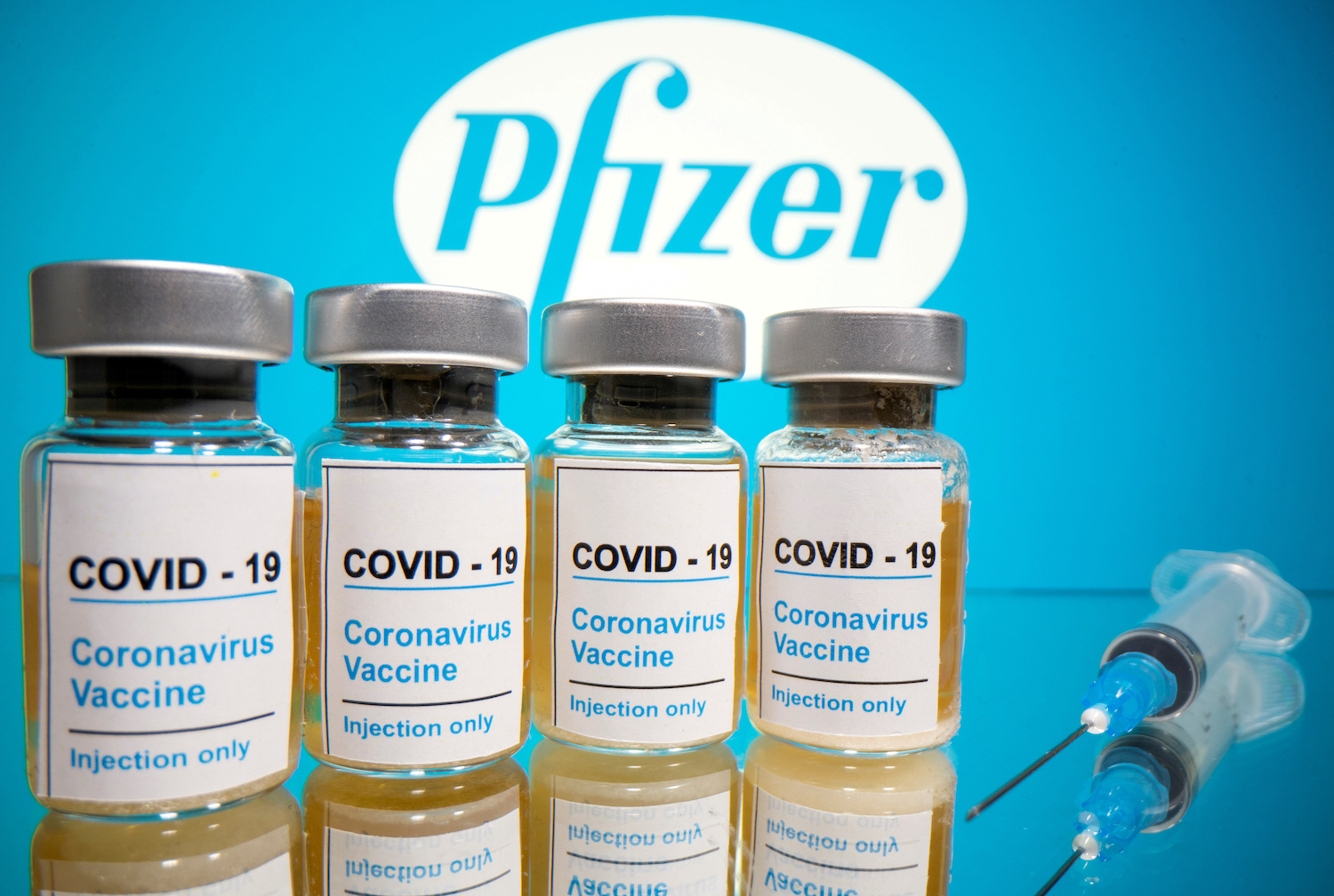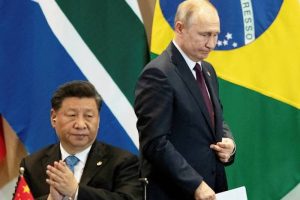(ATF) Brazil’s health regulator has suspended a Covid vaccine trial by Chinese firm Sinovac, citing a severe adverse effect.
The extent to which the rollout of vaccines has become politicised was underlined when Brazilian president Jair Bolsonaro hailed the suspension as a “victory” for him personally, in a swipe at Sao Paolo governor Joao Doria, a rival who has been promoting the planned production of a Sinovac vaccine in his state.
Asian observers were quick to speculate that politics may be playing a role in multiple aspects of the move to roll out Covid vaccines across the globe, which accelerated on Monday when US pharmaceutical giant Pfizer and its German partner BioNTech announced a 90% effectiveness for their vaccine.
The Asia Eight: Daily must-reads from world’s most dynamic region
“Pfizer announced its progress on Covid-19 vaccine right after the [US] election, this is odd. It is even weirder that [the] trial of a Chinese Covid-19 vaccine was halted by Brazil later. I am worried that politics and excessive pursuit of economic interests are involved in vaccine R&D,” Hu Xijin, editor-in-chief of China’s state-affiliated Global Times, said on Twitter.
Sinovac itself was keen to stress that it viewed the trial suspension as a technical hurdle and pointed out that its Brazilian partner Instituto Butantan believes that the serious adverse effect was not related to the vaccine itself.
“Sinovac will continue to communicate with Brazil on this matter. The clinical study in Brazil is strictly carried out in accordance with.. requirements and we are confident in the safety of the vaccine,” Sinovac said in a statement on Tuesday.
Sinovac and other Chinese companies looking to develop a vaccine have been forced to conduct trials overseas, largely because of China’s success in clamping down on the Covid virus with strict restrictions on movement in affected areas.
The perceived economic edge that China developed from its success in containing the spread of the virus may now be eroded if a vaccine speeds the recovery of worse affected regions such as Europe and the US.
That has been reflected in price movement in key indices since Monday’s vaccine announcement by Pfizer.
Europe’s STOXX 600 index rose by almost another 1% on Tuesday after a 4% gain the day before, on optimism about the impact of vaccination.
Asian indices have seen more mixed performance, with the MSCI Asia Pacific up only 0.45% on Tuesday. Analysts said euphoria that greeted the Pfizer announcement on Monday had been replaced with a more cautious mood, because questions remain over the vaccine’s durability and distribution.
Serious logistical challenge
Aside from needing to get regulatory approval, there is a serious logistical challenge in distributing hundreds of millions of doses once it becomes available in coming months. That is largely because the vaccine must be shipped and centrally stored at minus 70 degrees Celsius, which puts it out of reach for many poor countries in Asia and elsewhere, which currently lack the necessary refrigeration equipment.
Needing temperatures matching an Antarctic winter, it is likely to need centralized vaccination locations, Swiss health experts said on Tuesday.
“The exciting news yesterday (Monday) of a possible effective vaccine becoming available presages significant cold chains challenges for African countries by the type of vaccine that that is,” Matshidiso Moeti, the World Health Organization’s regional director for Africa, told a ministerial assembly. “Which will need to be factored into the support to be provided.”
Thermal boxes would preserve the ultra-low temperatures for up to 10 days for ambient temperatures of up to 25 Celsius without opening them and up to 15 days if the boxes are opened and then re-iced, BioNTech said in presentation slides.
As previously announced, the vaccine can be kept for up to five days at fridge temperatures.
Meanwhile, an initial rally in US indices after the Pfizer announcement has also been tempered, as selling of technology stocks that had benefited from a Covid-related shift to working from home balanced initial optimism about the impact of a vaccine.
The S&P500 fell from a record high on Tuesday and the Nasdaq dipped by over 1%. Amazon’s stock fell by 3.5% due to an anti-trust suit from the European Union, which compounded the fall in many technology stocks seen so far this week.
With reporting by Reuters
























